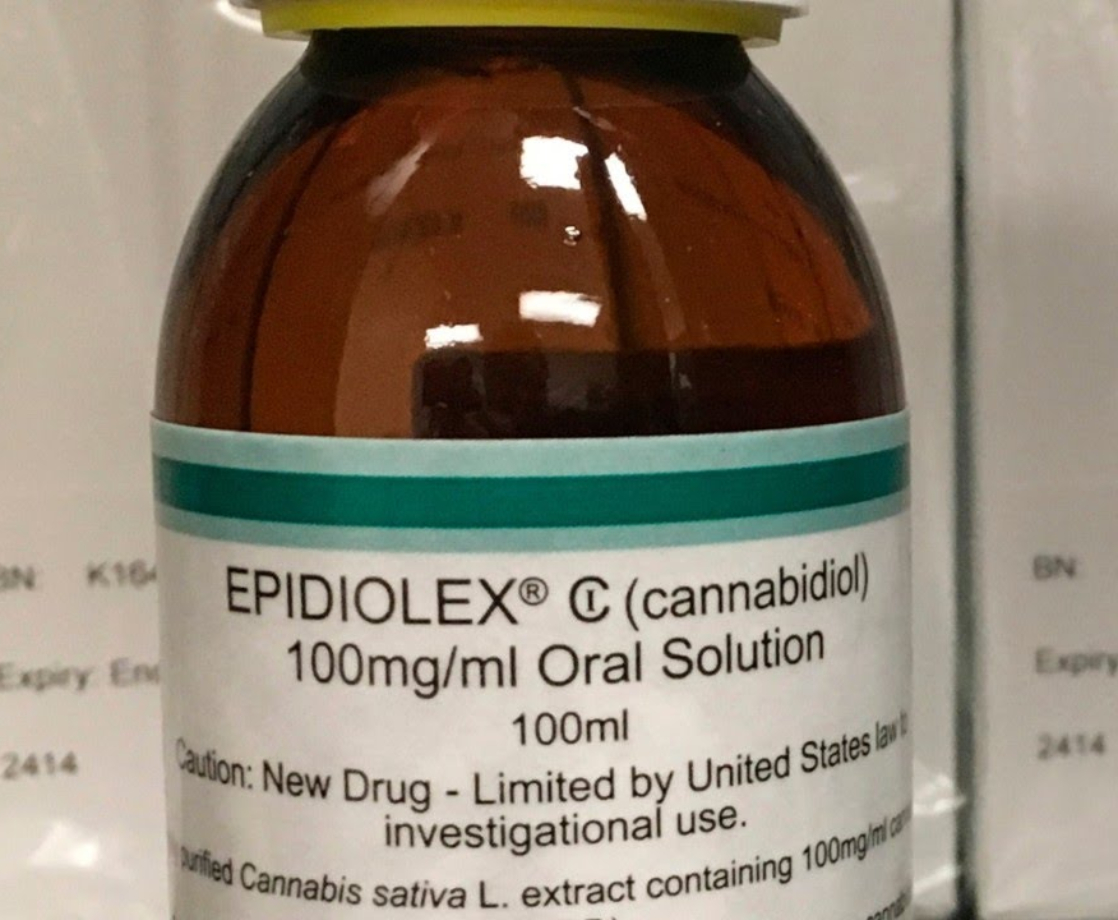Epidiolex, a pharmaceutical drug made from cannabis, was removed from the federal Controlled Substances Act this week, though doctors will still need to prescribe it to patients.
On Monday, the Drug Enforcement Administration (DEA) informed Greenwich Biosciences and its parent GW Pharmaceuticals, the company that designed and manufactures Epidiolex, that the CBD drug would no longer be listed as a controlled substance. That means any licensed medical professional, from nurses to physician’s assistants to physicians themselves, can prescribe the medication without being enrolled in the DEA’s drug-monitoring program. However, patients will still not be able to purchase the drug over-the-counter.
“This decision is a lightning bolt of sanity,” Martin A. Lee, director of the cannabis information website Project CBD, told the Philadelphia Inquirer. “De-scheduling the drug will allow it to be prescribed off-label.”
Now that Epidiolex can also be prescribed off-label, that means medical professionals can write it for other uses besides treating rare seizure disorders, the only conditions that the FDA has approved for the drug. So, we may soon see verified data for CBD’s effectiveness (or lack thereof) for chronic pain, anxiety, restlessness, and other medical maladies that studies indicate CBD can treat, but for which data has been lacking due to federal restrictions on cannabis research.
Of course, there are some catches to this new development. Epidiolex comes with a hefty price tag — somewhere in the ballpark of $32,000 a year without insurance — so many low-income patients may lack realistic access to the drug. Although CBD oils, tinctures, and other products are legal at the federal level (so long as they contain less than 0.3 percent THC), state and local laws regarding these non-FDA-approved CBD products may reside in legal gray areas.
GW Pharmaceuticals, based in the UK, is most known for Sativex, a cannabis-derived medication made with both CBD and THC, the intoxicating component of marijuana. Sativex is not approved in the US, but it is legally available in the EU, the UK, parts of Asia, and the Middle East. The company is also investigating whether other cannabinoid formulations can treat other, more common seizure disorders, as well as diabetes.











